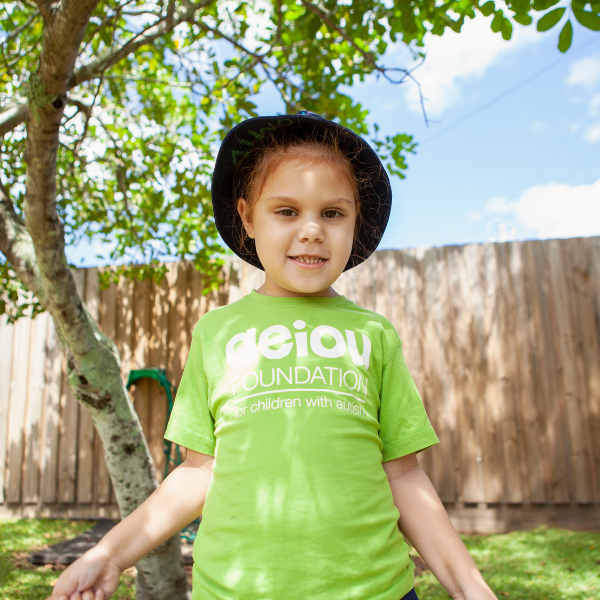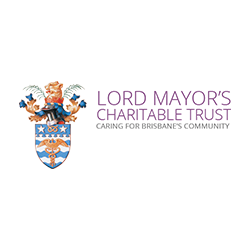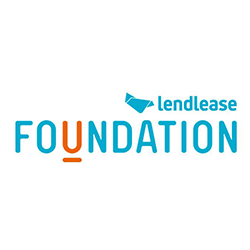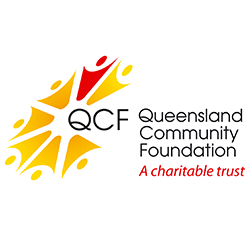
Now, more than ever, autistic individuals are taking a prominent role in autism advocacy, and governments are striving for inclusivity through initiatives like workshops and oversight groups involving autistic individuals. But there remains a crucial segment of Australia's autistic population that often lacks a voice –children aged 2-6 years. However, we're here to change that.
AEIOU’s extensive engagement with this age group, our data and is a strong platform to share the experiences and needs of these children and their families.
In the current year, AEIOU submitted eight formal responses to various government reviews and consultations, and invited AEIOU families to participate at various intervals. Most notably, we provided a comprehensive reply to the National Autism Strategy's call for submissions. We strongly support the strategy's goal of a coordinated national approach to services for Autistic Australians and our submission stresses the importance of choice and control. Particularly, autistic people have the right to choose the services and supports that work best for them, including those that are behaviour science based like our service.
The release of the NDIS Review is welcome, underscoring the critical importance of early intervention for children with high needs and recognises the challenges faced by families navigating the complexities of a new diagnosis, and the NDIS.
AEIOU CEO Alan Smith said there are many areas to watch develop for both providers and participants, explaining on-the-ground impacts will emerge as the strategy is implemented. He added greater accountability for service providers is welcome, and something AEIOU has long advocated for. “All providers should be registered, and subject to the same checks and balances. Being accountable to our clients and the NDIS is essential.”
You can read more about AEIOU’s contributing recommendations, particularly in defining "reasonable and necessary" and supporting children with disabilities and developmental concerns. We know that the growing cost of a NDIS is a concern to the Australian Government, and that the prevalence of autism and its associated costs on the scheme have been a major talking point in the media and the community. Considering the substantial evidence supporting early intervention for autism, we are optimistic that the final report will recognise the value of making an upfront investment in children with autism. Such an investment can lead to cost savings and generate a significant return on investment in their future years.


































